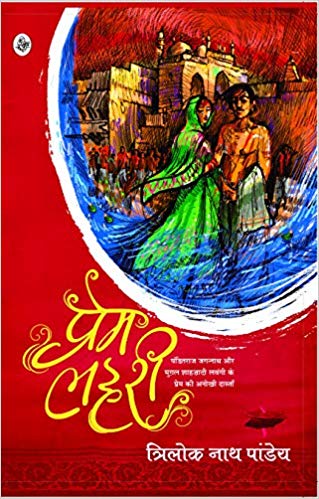The use of fantasy and history in a fiction format is quite a common technique for social commentary that has been used by authors across the ages in order to place their viewpoint among the readership. The book under review, Prem Lahari, written by Trilok Nath Pandey is one such novel. It is a love story set in the medieval period, that is, the Mughal era, across the length of North India.
The focal point of the story is Shahjahan and his marital relations with his favourite queen, Mumtaz Mahal. After what appears to be a happy marriage, complete with a bountiful number of children, Mumtaz dies giving birth to their last child, a daughter. In her deathbed worried that society may blame the child for the mother’s death, she asks Shahjahan for a promise—to always take special care of this daughter, affectionately called Lavangi. Mumtaz’s death happens on one of Shahjahan’s expeditions to the South of the Mughal Empire. The king, broken-hearted and unable to bear the grief of the loss of his wife, returns North to his capital.
In the meantime, in the city of Benaras, the centre of spiritual learning for Hindus of North India, a child is orphaned. This child’s fate also appears to be tragic, and the same fear raises its head—that he will be blamed for the death of his parents. However, destiny intervenes and he is adopted by one of the most talented scholars, and raised by him to be an erudite scholar of Sanskrit and a poet par excellence. The adoptive father is shown to have respectful relations with Shahjahan despite differences in their identity.

